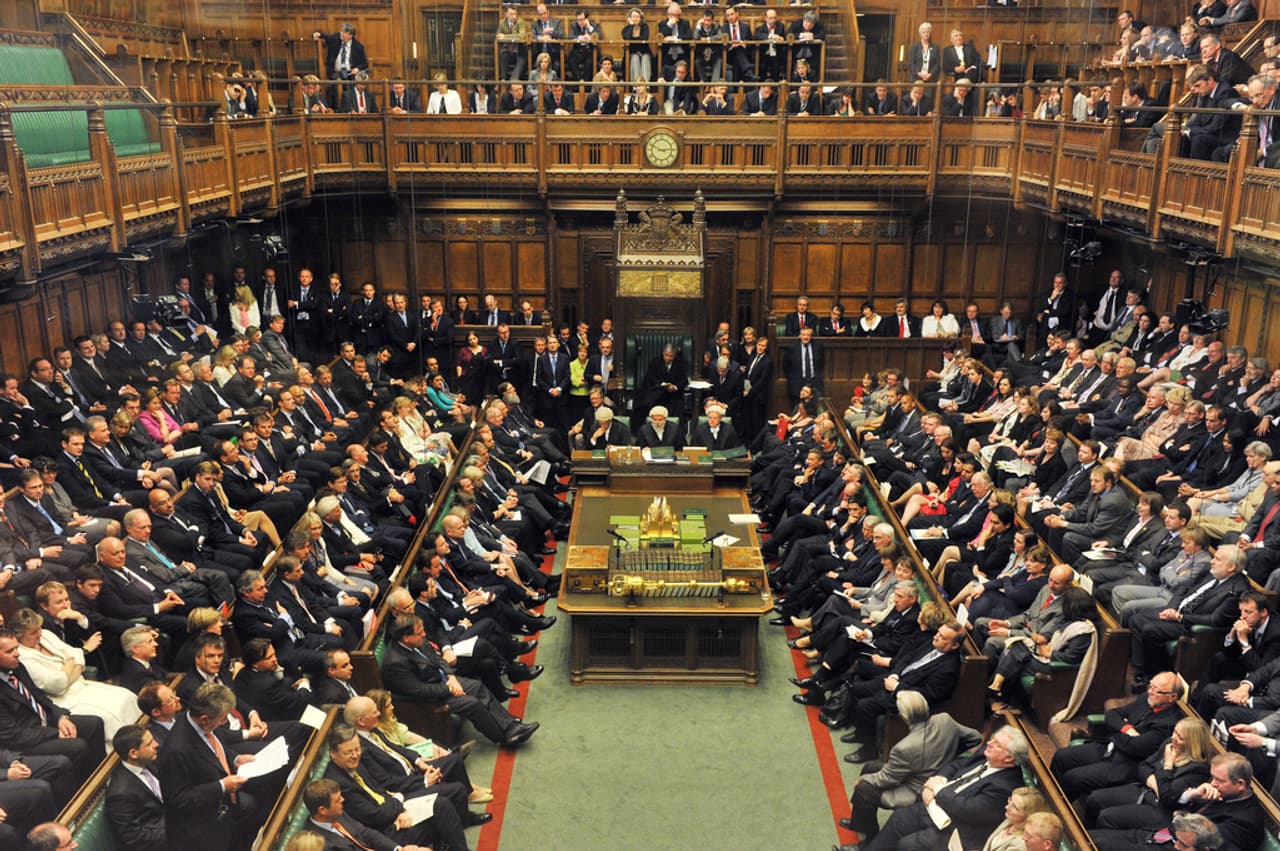
Lobbying debate to hear MP’s calls for industry clean-up
A light is being shone on lobbying. It might only be a flicker rather than the ‘light of transparency’ that David Cameron called for just before last year’s general election, but lobbying will be the subject of an MPs’ debate tomorrow.
The Commons debate has been initiated by Labour MP for Newport West Paul Flynn, who is expected to ask whether David Cameron will succeed in ‘cleaning the parliamentary lobbying stables’ when all other attempts over the past 25 years have failed, and when a promise to legislate has already been delayed.
The debate follows a question by Mr Flynn in parliament yesterday, which raised the issue of Communities Secretary Eric Pickles’s private dinner with Bell Pottinger, a meeting revealed by the Bureau.
Concerns have been raised that many more meetings with lobbyists in parliament are going unrecorded, despite the Deputy Prime Minister Nick Clegg promising legislation to set up a mandatory register of lobbyists in the current parliamentary session. However ‘rearguard action’ by lobbying firms means this has now been delayed until at least the following 2012-13 session.
Mr Flynn will repeat calls, made in a 2009 report by the Public Administration Committee (PASC), for the mandatory lobbyists’ register to include the names of the individuals carrying out lobbying activity and of any organisation employing or hiring them. The previous occupation and interests of lobbyists should also be declared to avoid the ‘revolving door’ of former ministers, civil servants and government advisers trading on their contacts, he added.
Mr Flynn told the Bureau he wants to curb corporate lobbying because it ‘exists to give further advantage to the already advantaged’.
‘Lobbyists’ tentacles of influence are deeply buried in the body politic,’ he said. ‘ Their aim is to malignly influence decisions in favour of their rich privileged clients.’
He also wants to see full information of all contacts between lobbyists and decision makers, including all meetings and conversations between decision makers and outside interests.
This lay behind his question in parliament yesterday: ‘Even though a five-star dinner at the Savoy, which was paid for by the lobbyist Bell Pottinger, had in attendance at least one firm which made an application to his department, the Secretary of State says he has no reason to register that in the Members’ Interests because that day he was not eating as a minister, he was eating as a private person,’ he said during Commons local government questions.
‘If we are to have a robust, transparent system of lobbying, do you think this loophole has to be closed so we don’t have to guess on which day Members are eating privately and which days ministerial?’
The question was the focus of the Times‘ parliamentary sketchwriter Ann Treneman today. ‘Can dinner with Bell Pottinger – the creme de la creme of lobbyists – really ever be such a private affair?,’ she wrote. ‘We never did find out as Mr Speaker intervened, but I suspect Dinner-gate isn’t over yet. What about just desserts? Are they private, or public? We should be told.’
The Bureau first raised Mr Pickles’ attendance at the dinner on 22 October, exposing a ‘gaping loophole’ in the rules on ministerial transparency. The Ministry of Justice also initially told the Bureau that a dinner justice secretary Ken Clarke had enjoyed with Bell Pottinger in June this year would not need to be declared as it was private. A spokesman for Mr Clarke later said this would be included in the next version of the ministerial hospitality register.
Another Bureau story focused on how ministers need not declare dinners with lobbyists at Party Conferences on the grounds that these are private political engagements, even where the lobbyists are clearly attempting to influence government policy.
The lobbying debate also follows revelations in the Guardian that ministers held more than 1,500 meetings with business representatives in their first 10 months of government, and the scandal of Adam Werritty, friend of defence secretary Liam Fox. Werritty acted as an informal adviser to Mr Fox while he was funded by tycoons and companies with a direct interest in defence-related matters, creating an impression he was lobbying on their behalf.




